Grief leaves us emotionally exposed, which makes it easy to fall into certain traps. To navigate this difficult time, it’s helpful to understand what to avoid. Let’s begin:
You Shouldn’t Suppress Your Feelings
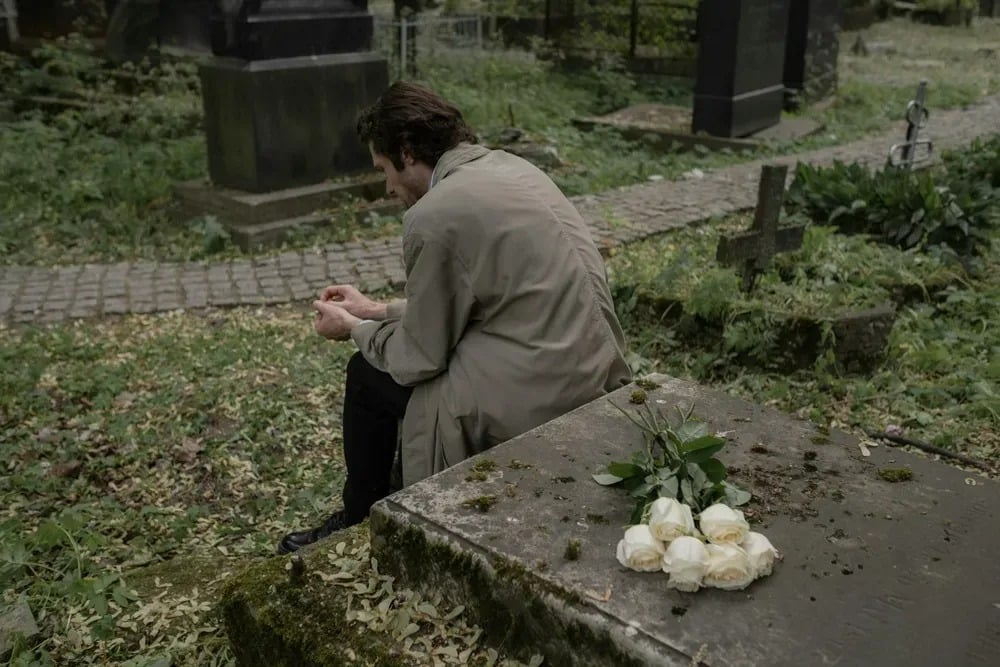
Grieving is a natural response to loss, and bottling up your feelings can cause more harm than good. It’s important to allow yourself to experience the full range of emotions—whether that’s sorrow, anger, or confusion. Rather than suppressing the pain, acknowledge it. Talking to friends, family, or a mental health professional can provide the support you need to process your emotions in a healthy way.
Don’t Isolate Yourself
While grief may lead you to retreat from others, shutting yourself off can intensify the pain. Surrounding yourself with people who care about you can offer reassurance and remind you that you’re not alone. Reaching out for connection is not a weakness—it’s an important step in healing.

Do Not Neglect Your Health
It’s easy to overlook your physical well-being when you’re grieving, but doing so can deepen emotional pain. Maintaining a regular routine—eating nutritious meals, staying active, and getting enough sleep—can help stabilize your mood and energy levels. Taking care of your body supports emotional recovery.

Don’t Rush the Process
Everyone processes grief differently, and healing doesn’t follow a fixed timeline. Don’t pressure yourself to move on quickly or meet others’ expectations. Give yourself the grace to mourn at your own pace—it’s part of honoring your relationship and loss.

You Can Talk About Your Partner
Avoiding any mention of your loved one might seem easier, but sharing memories can bring comfort. Speaking openly about your partner helps keep their spirit alive and allows you to express your emotions more freely. Staying silent can increase feelings of isolation, so lean into meaningful conversations when you’re ready.

Don’t Blame Yourself Either
After a loss, it’s not uncommon to blame yourself—but this can be emotionally damaging. Grief is complex, and assigning fault to yourself won’t ease the pain. If you’re struggling with guilt, a counselor can help you work through those feelings and find peace. Be gentle with yourself during this vulnerable time.

Don’t Make Major Decisions Quickly
Making major life decisions while in deep grief can be overwhelming and sometimes regrettable. Try to delay big choices—like moving or making financial changes—until you feel more emotionally grounded. In the meantime, consult with trusted friends or professionals to help guide you through uncertain times.
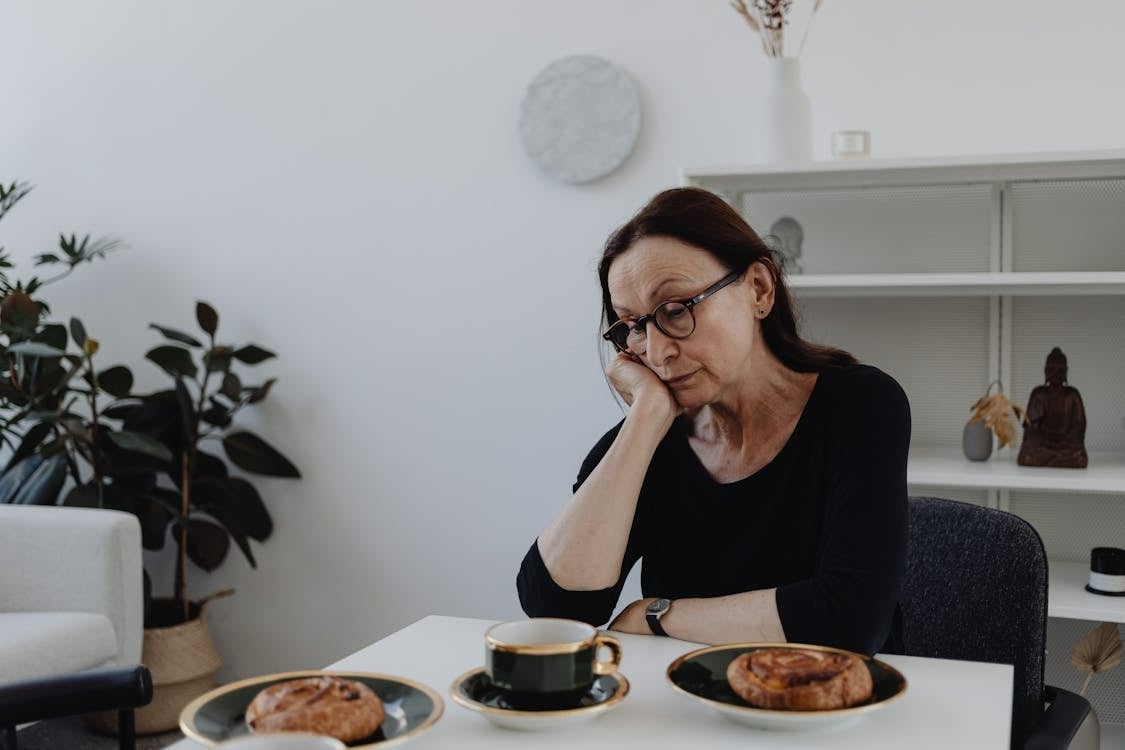
Try Not To Overwork Yourself
Throwing yourself into work to escape the pain might seem productive, but it can lead to exhaustion. Strive for balance: take breaks, rest when needed, and return to work only when you feel emotionally ready. Let your employer know what you’re going through. Prioritizing your well-being is key to long-term resilience.

Don’t Neglect Other Relationships
Grief may push you to withdraw, but maintaining social ties is vital. Staying connected with those who care about you can ease feelings of loneliness and help you cope. Don’t hesitate to lean on others—they want to support you, and their presence can bring comfort and stability.

Don’t Compare Grief with Others
Comparing your grief to someone else’s can undermine your own healing. Each person’s experience of loss is personal and valid in its own way. Focus on your own emotional journey, without judging it against others’, and allow yourself to feel whatever comes up.
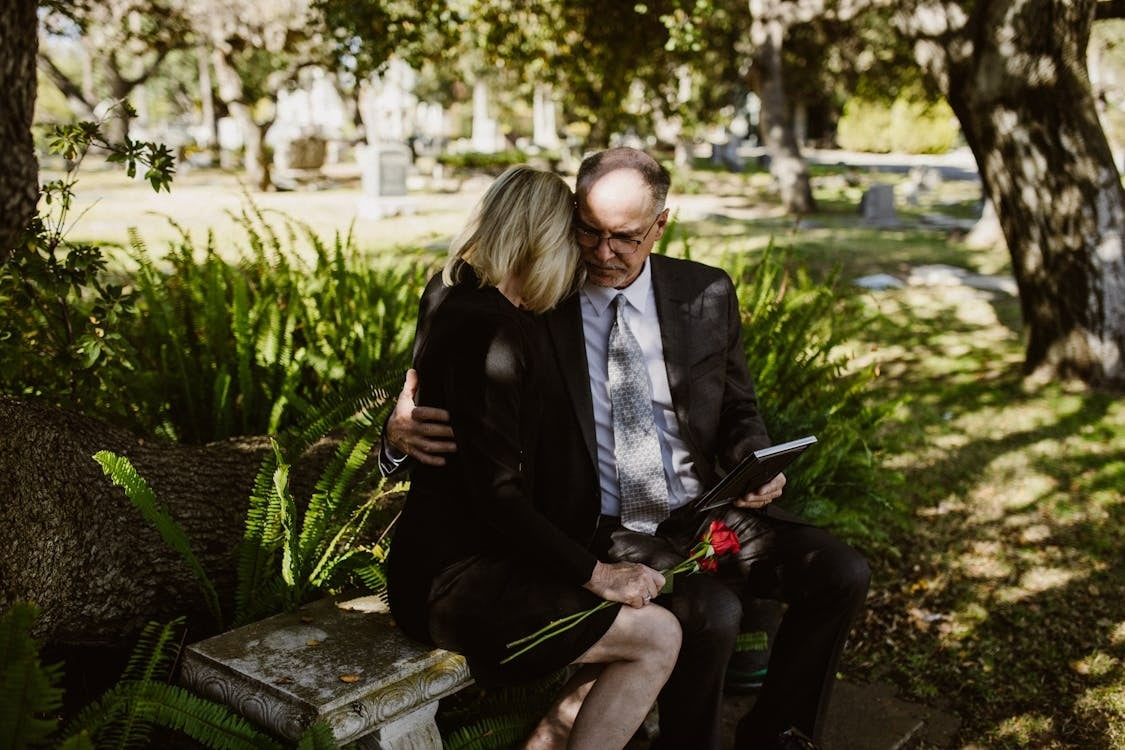
There’s No Strict Timeline for Healing
Healing doesn’t happen on a set schedule, and trying to force progress can increase stress. Some days may feel lighter, others heavier—and both are part of the process. Allow your feelings to ebb and flow without pressure to meet arbitrary deadlines.
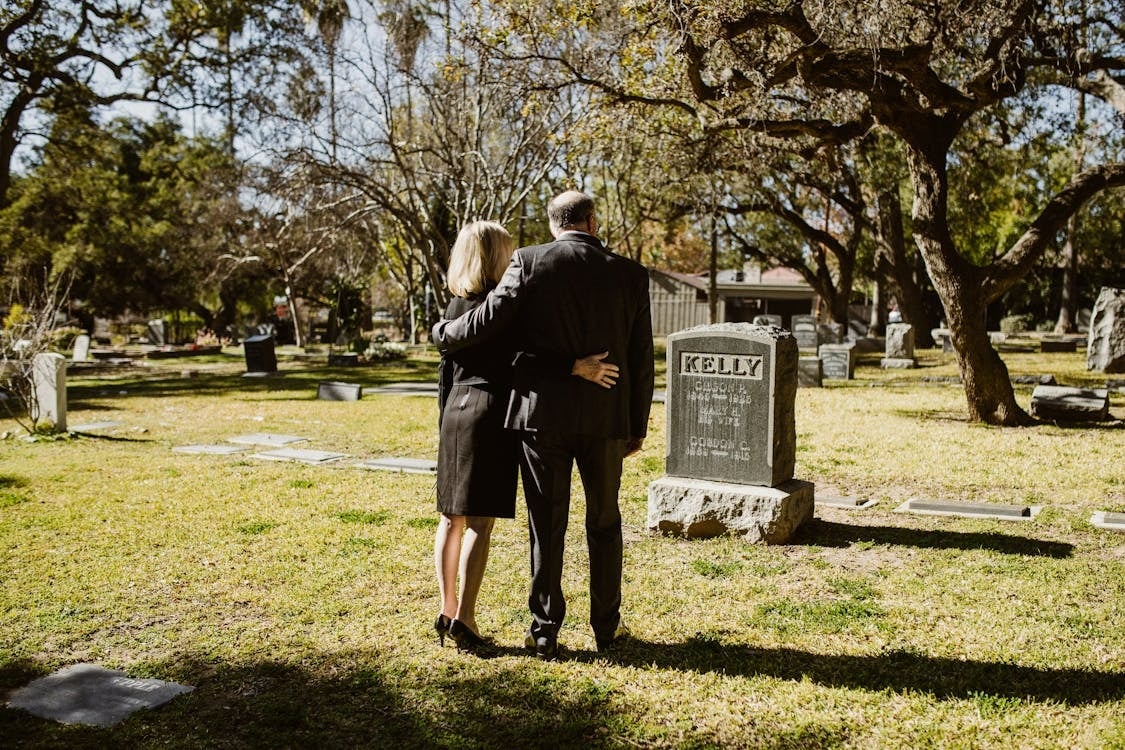
Don’t Push Support Away
You might be tempted to isolate yourself, but allowing others to support you can make a world of difference. Don’t turn away from those offering help. Accepting kindness, whether through a shared meal or a heartfelt conversation, can ease the burden of grief and make you feel less alone.
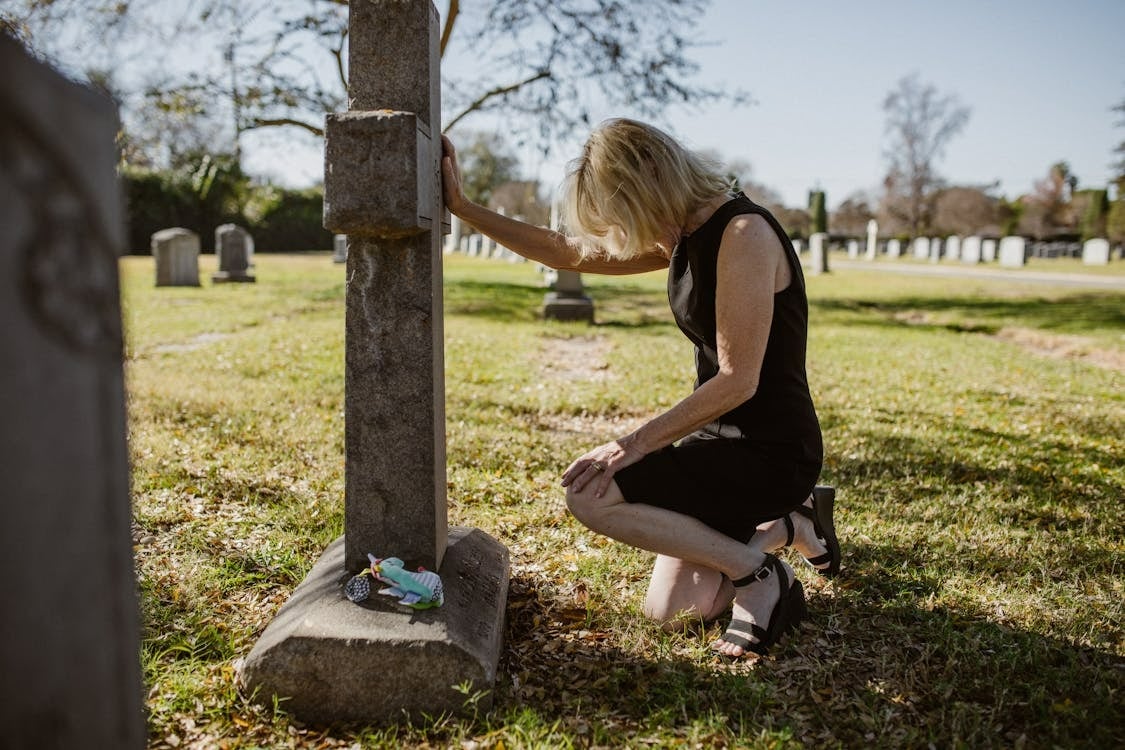
Counseling Works
Professional therapy can be an essential part of coping with grief. A trained counselor offers tools and insights that loved ones might not have, helping you navigate emotions in a safe, structured way. Even if you feel strong, seeking therapy can bring clarity and support when you need it most.

Pursue Your Hobbies
Continuing with your favorite activities can provide emotional relief. Abandoning hobbies might make grief feel even heavier, while returning to familiar joys can offer a sense of normalcy. Doing what you love isn’t disrespectful—it’s part of reclaiming your life.

Don’t Ignore Legal and Financial Matters
Though it may be difficult, it’s important not to ignore the legal and financial matters that come after a loss. Delaying them can create unnecessary stress later. Consult trusted advisors to help you navigate paperwork and decisions during this challenging period.

Don’t Attempt to Maintain Normalcy Quickly
There can be pressure to quickly return to normal life after loss, but pretending everything is fine can be harmful. It’s okay to slow down, say no to social invitations, or take a break from work. Give yourself permission to grieve without forcing yourself to “get back to normal” before you’re ready.

Memory Triggers Are Fine
Avoiding reminders of your partner—like places you visited together, favorite songs, or shared activities—might seem like self-protection, but it can actually prolong your grief. Facing these emotional triggers gently and at your own pace can help you work through the pain. In time, these memories may shift from sorrowful to comforting reflections.

Don’t Be Stuck in the Past
Reflecting on past memories can offer comfort, but living too deeply in the past may hold you back from moving forward. Try to strike a balance: cherish the moments you shared while also remaining open to new experiences. It’s okay to imagine a future that looks different from the one you once expected.

Take Care Of Your Spiritual Needs
Grief can cause you to feel disconnected from your spiritual beliefs or practices. Whether your comfort comes from prayer, meditation, or community worship, staying grounded in your spirituality can bring peace and clarity. Don’t hesitate to seek guidance from spiritual mentors or communities that align with your values.

Moving Forward Is Perfectly Okay
Moving forward in life after a loss doesn’t mean you’re forgetting or disrespecting your loved one. Exploring new paths and allowing yourself to grow can coexist with honoring their memory. Give yourself permission to live fully and embrace happiness again without guilt.

Eat Well
When you’re grieving, it’s easy to overlook nutrition, but your body needs nourishment to cope. Eating balanced meals supports both your physical strength and emotional health. Try to include whole, nutrient-dense foods like vegetables, lean protein, and complex carbs to help stabilize your energy and mood.

Try To Get Some Sun
While staying inside may feel comforting during grief, stepping outdoors can offer real emotional benefits. Sunlight, fresh air, and movement can lift your spirits and bring a sense of normalcy. Even a brief walk around the block can make a meaningful difference in how you feel.

Try To Get More Sleep
Sleep plays a critical role in emotional recovery, yet grief often disrupts your rest. Creating a calming bedtime routine and limiting distractions like caffeine and screens can improve your sleep quality. Making rest a priority will help restore your emotional and physical resilience.

Feeling Sad Is Normal
Suppressing your sadness doesn’t make it go away—in fact, it often intensifies over time. Feeling your sorrow and letting it surface is an important part of healing. Whether through tears, writing, or conversation, expressing your pain helps you process it and move forward.
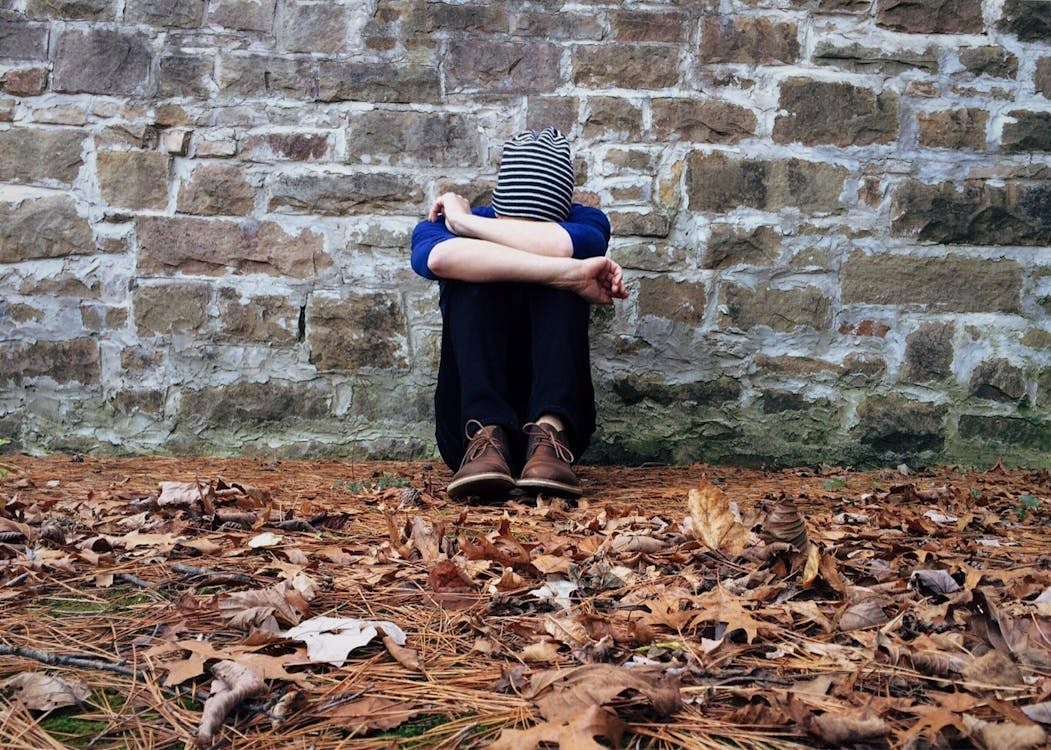
Don’t Tire Yourself with Responsibilities
Grieving can be draining, and trying to manage everything on your own can lead to burnout. Allow yourself to slow down. Delegate tasks when possible and give yourself permission to focus on your own healing.

It’s Okay To Cry
Crying is a natural part of mourning and serves an emotional release. Holding back tears may increase your stress and prolong your pain. Letting yourself cry is a healthy, necessary expression of grief.

New Experiences Are Coming
While holding onto the past feels comforting, stepping into something new can help you move forward. Exploring new interests or activities can create space for hope, growth, and even joy, without diminishing the love you carry.

Recall Anniversaries or Significant Dates
Recognizing meaningful dates—like birthdays or anniversaries—is a vital part of mourning. Avoiding them can suppress emotions that need to be acknowledged. Instead, consider honoring these days with a quiet tribute or shared remembrance to find peace and connection.
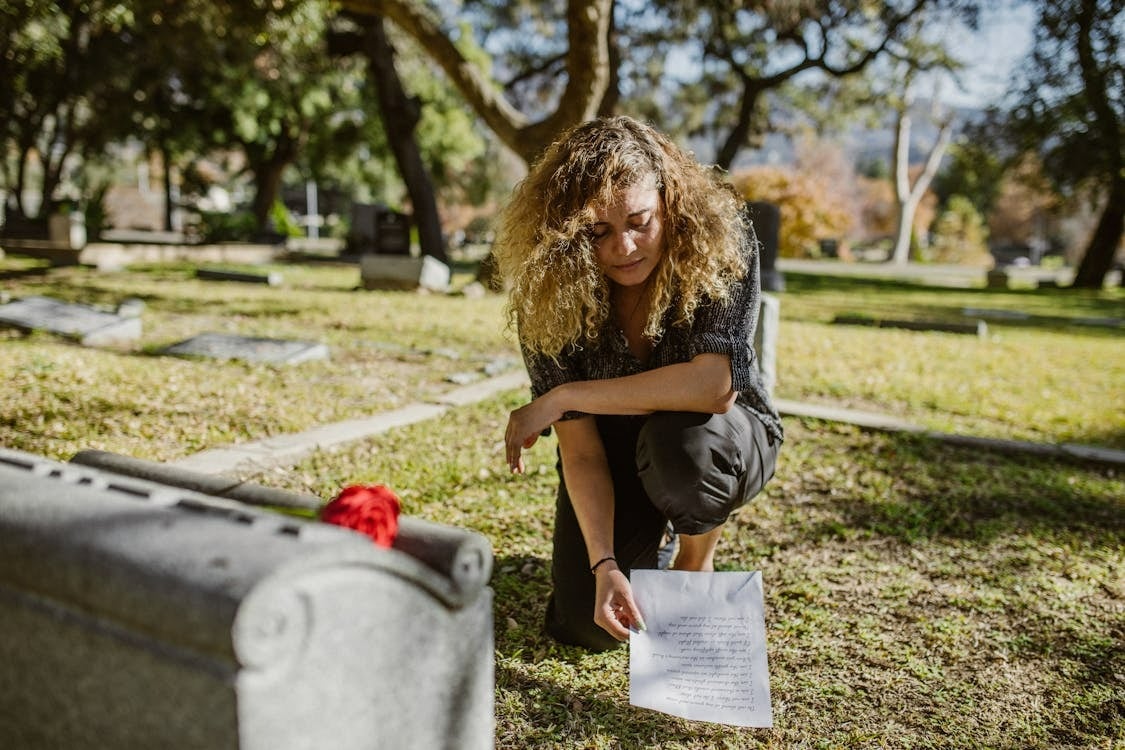
Don’t Hide Grief From Children
Children often sense emotional shifts, even if they don’t fully understand them. Hiding your grief can confuse them and cause anxiety. It’s healthier to show them that sadness is natural and to express your emotions in ways they can understand and relate to.
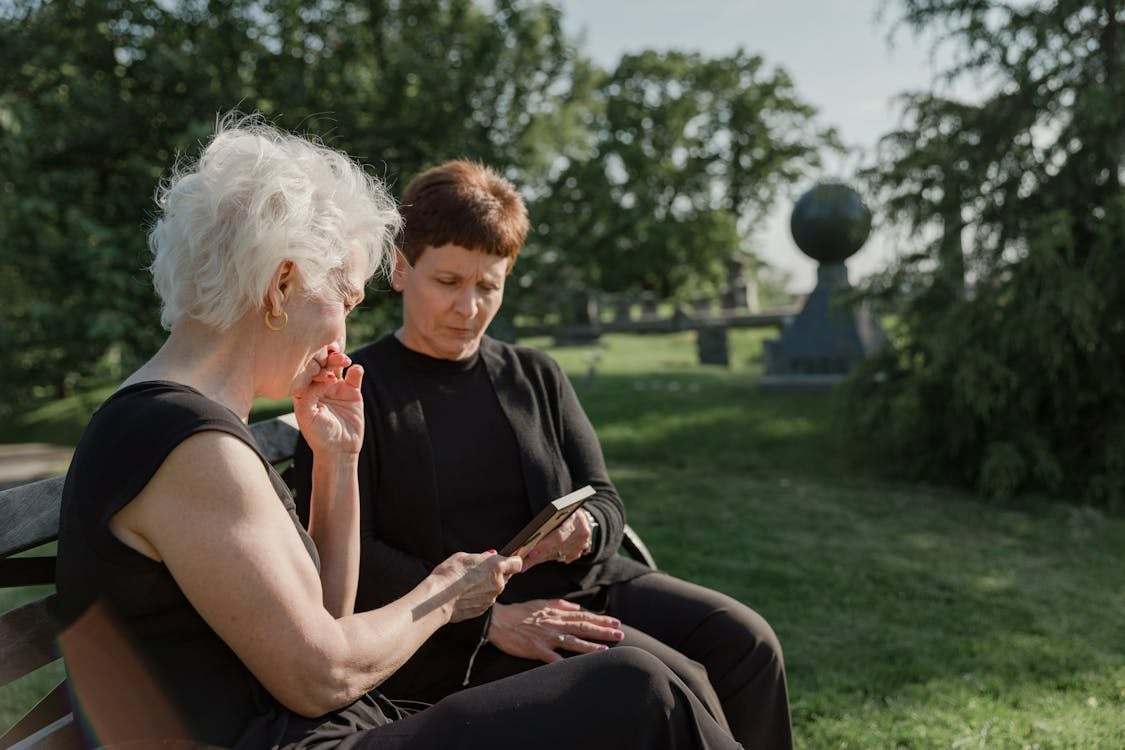
Don’t Limit Grief to Tears
Grief isn’t just about tears—it also involves feelings like anger, confusion, guilt, or emotional numbness. These are all normal and valid parts of the grieving process. Give yourself space to experience these emotions fully instead of dismissing them.

Avoid Quick Fixes
In moments of pain, you may be tempted to numb your feelings with alcohol or distractions, but these can delay healing. Instead, look for constructive ways to cope—like reaching out to a trusted person or seeking professional help. True healing comes from facing your emotions, not avoiding them.

Don’t Expect An Immediate Closure
Finding closure doesn’t happen instantly, and expecting to quickly “move on” can leave you feeling frustrated or discouraged. Grief unfolds at its own pace, and there’s no fixed deadline for healing. Give yourself permission to move through this process slowly and with self-compassion.

Physical Activity Is Good For You
In times of grief, it’s common to overlook physical activity, but neglecting movement can negatively affect your mental health. Exercise boosts mood-enhancing chemicals like endorphins and reduces stress. Even light movement, like stretching or walking, can provide a much-needed lift.

Don’t Downplay Your Loss
Your emotions after a loss are valid, no matter how intense or prolonged they feel. Dismissing your grief or urging yourself to “get over it” can stunt healing. Allow yourself to sit with your sorrow—it’s a reflection of the love and connection you had.

Celebrate Life
While grief often focuses on what’s been lost, remembering the happy moments you shared can bring comfort. Honoring the life and love you experienced helps balance the sadness with gratitude. Celebrating your loved one’s memory can offer light during dark moments.
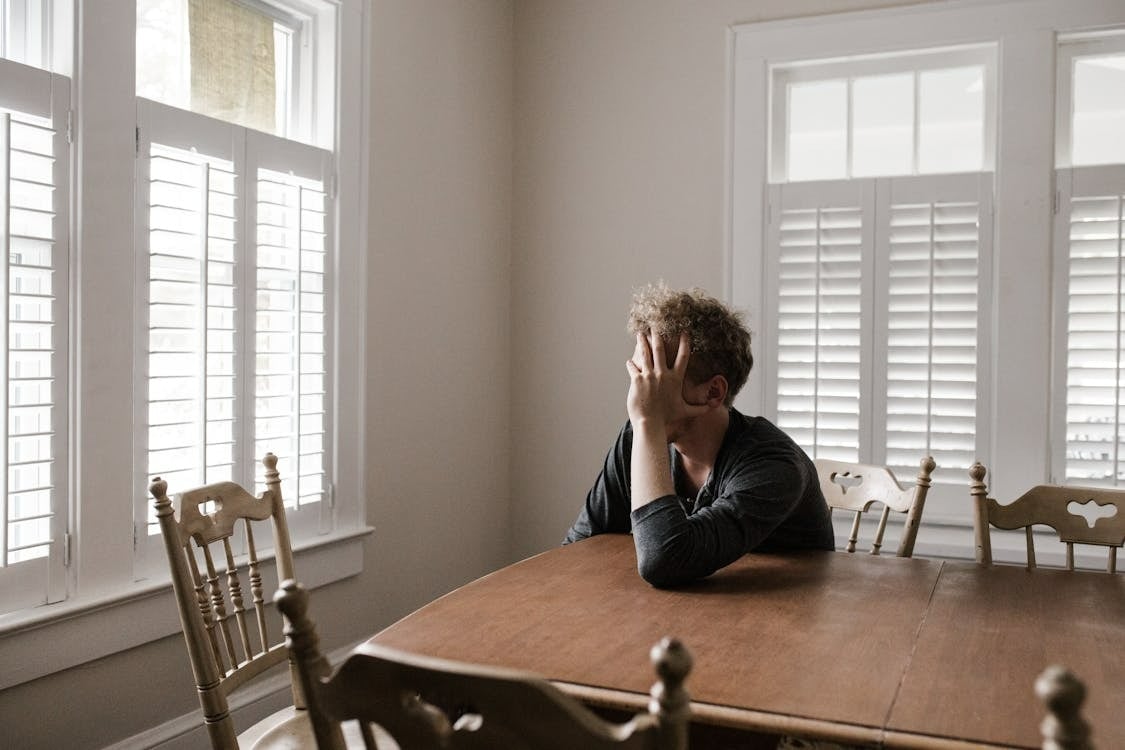
Reach Out If You Need Help
Grieving can feel incredibly isolating, but support is essential. Don’t hesitate to reach out—talking to a friend, family member, or mental health professional can ease the burden. Sharing your experience helps prevent you from carrying the pain alone.

The Power of Routine Helps
Keeping up with a simple daily routine can offer a sense of structure and comfort when everything else feels uncertain. Small actions like getting dressed, eating meals, or going for a walk can restore a sense of control and remind you that life is still moving forward.

Don’t Isolate The Kids
Children experience grief too, and excluding them from the process can create confusion or feelings of abandonment. Having honest, age-appropriate conversations helps them process their emotions. Providing reassurance and involvement strengthens their emotional foundation during this difficult time.

Don’t Use Alcohol or Drugs
When you’re grieving, the urge to escape through alcohol or drugs can be strong—but these substances often intensify emotional pain and delay healing. Instead, try healthier methods like physical activity, meditation, or speaking with a therapist to manage your emotions constructively.

And Don’t Be Hard on Yourself
Grief doesn’t follow a predictable path, and it’s okay if you’re not holding it all together. You may feel overwhelmed, disoriented, or numb at times. Let yourself feel whatever arises without judgment. Being kind to yourself as you grieve makes the journey more manageable.

Please SHARE this with your friends and family.